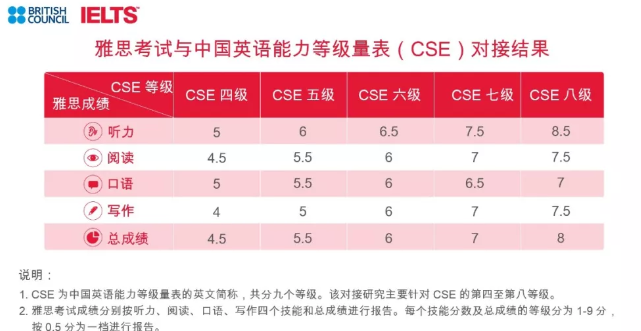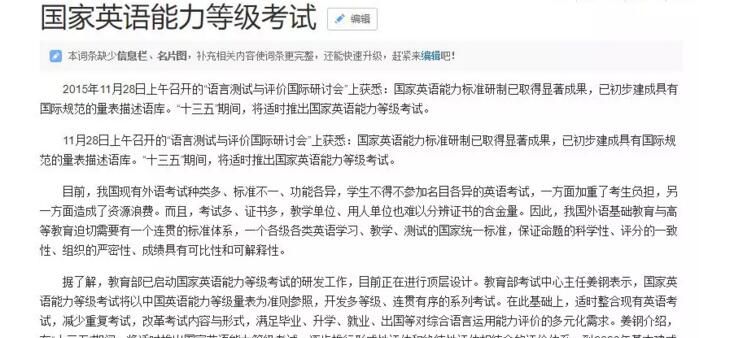LSAT模拟试题:LSAT模拟试题TEST3逻辑5b
|
7. To become an expert on a musical instrument, a person must practice. If people practice a musical instrument for three hours each day, they will eventually become experts on that instrument. Therefore, if a person is an expert on a musical instrument, that person must have practiced for at least three hours each day. Which one of the following most accurately describes a flaw in the reasoning above? (A) The conclusion fails to take into account that people who practice for three hours every day might not yet have reached a degree of proficiency that everyone would consider expert. (B) The conclusion fails to take into account that practicing for less than three hours each day may be enough for some people to become experts. (C) The conclusion fails to take into account that if a person has not practiced for at least three hours a day, the person has not become an expert. (D) The conclusion fails to take into account that three consecutive hours of daily practice is not recommended by all music teachers. (E) The conclusion fails to take into account that few people have the spare time necessary to devote three hours daily to practice. 8. On the basis of incontestable proof that car safety seats will greatly reduce the number of serious injuries sustained by children in car accidents, laws have been passed mandating the use of these seats. Unexpectedly, it has since been found that a large number of children who are riding in safety seats continue to receive serious injuries that safety seats were specifically designed to avoid, and in the prevention of which they in fact have proven to be effective. Which one of the following, if true, could by itself adequately explain the unexpected finding reported in the passage? (A) Many parents are defying the law by not using safety seats for their children. (B) Children are more likely to make automobile trips now than they were before the introduction of the safety seat. (C) The high cost of child safety seats has caused many parents to delay purchasing them. (D) The car safety seat was not designed to prevent all types of injuries, so it is not surprising that some injuries are sustained. (E) The protection afforded by child safety seats depends on their being used properly, which many parents fail to do. 9. An easy willingness to tell funny stories or jokes about oneself is the surest of supreme self-confidence. This willingness, often not acquired until late in life, is even more revealing than is good-natured acquiescence in having others poke fun at one. Which one of the following inference is most supported by the statements above? (A) A person who lacks self-confidence will enjoy neither telling nor hearing funny stories about himself or herself. (B) People with high self-confidence do not tell funny stories or jokes about others. (C) Highly self-confident people tell funny stories and jokes in order to let their audience know that they are self-confident. (D) Most people would rather tell a funny story or joke than listen to one being told. (E) Telling funny stories or jokes about people in their presence is a way of expressing one's respect for them. Questions 10-11 Nature constantly adjusts the atmospheric carbon level. An increase in the level causes the atmosphere to hold more heat, which causes more water to evaporate from the oceans, which causes increased rain. Rain washes some carbon from the air into the oceans, where it eventually becomes part of the seabed. A decrease in atmospheric carbon causes the atmosphere to hold less heat, which causes decreased evaporation from the oceans, which causes less rain, and thus less carbon is washed into the oceans. Yet some environmentalists worry that burning fossil fuels may raise atmospheric carbon to a dangerous level. It is true that a sustained increase would threaten human life. But the environmentalists should relax – nature will continually adjust the carbon level. 10. Each of the following can be inferred from the information in the passage EXCEPT: (A) A decrease in the level of atmospheric heat causes a decrease in the amount of carbon that rain washes into the oceans from the air. (B) An increase in the level of carbon in the atmosphere causes increased evaporation of ocean water. (C) An increase in the level of atmospheric heat causes increased rainfall. (D) A decrease in the level of carbon in the atmosphere causes decreased evaporation of ocean water. (E) A decrease in the level of atmospheric heat causes a decrease in the level of carbon in the atmosphere. 11. Which one of the following, if true, would most weaken the argument in the passage? (A) Plant life cannot survive without atmospheric carbon. (B) It is not clear that breathing excess carbon in the atmosphere will have a negative effect on human life. (C) Carbon is part of the chemical “blanket” that keeps the Earth warm enough to sustain human life. (D) Breathing by animals releases almost 30 times as much carbon as does the burning of fossil fuels. (E) The natural adjustment process, which occurs over millions of years, allows wide fluctuations in the carbon level in the short term. 12. The more television children watch, the less competent they are in mathematical knowledge. More than a third of children in the United States watch television for more than five hours a day; in South Korea the figure is only 7 percent. But whereas less than 15 percent of children in the United States understand advanced measurement and geometric concept, 40 percent of South Korea children are competent in these areas. Therefore, if Untied States children are to de well in mathematics, they must watch less television. Which one of the following is an assumption upon which the argument depends? (A) Children in the United States are less interested in advanced measurement and geometric concepts than are South Korea children. (B) South Korea children are more disciplined about doing schoolwork than are children in the United States (C) Children who want to do well in advanced measurement and geometry will watch less than television. (D) A child's ability in advanced measurement and geometry increases if he or she watches less than one hour of television a day. (E) The instruction in advanced measurement and geometric concepts available to children in the United States in not substantially worse than that available to South Korea children |








